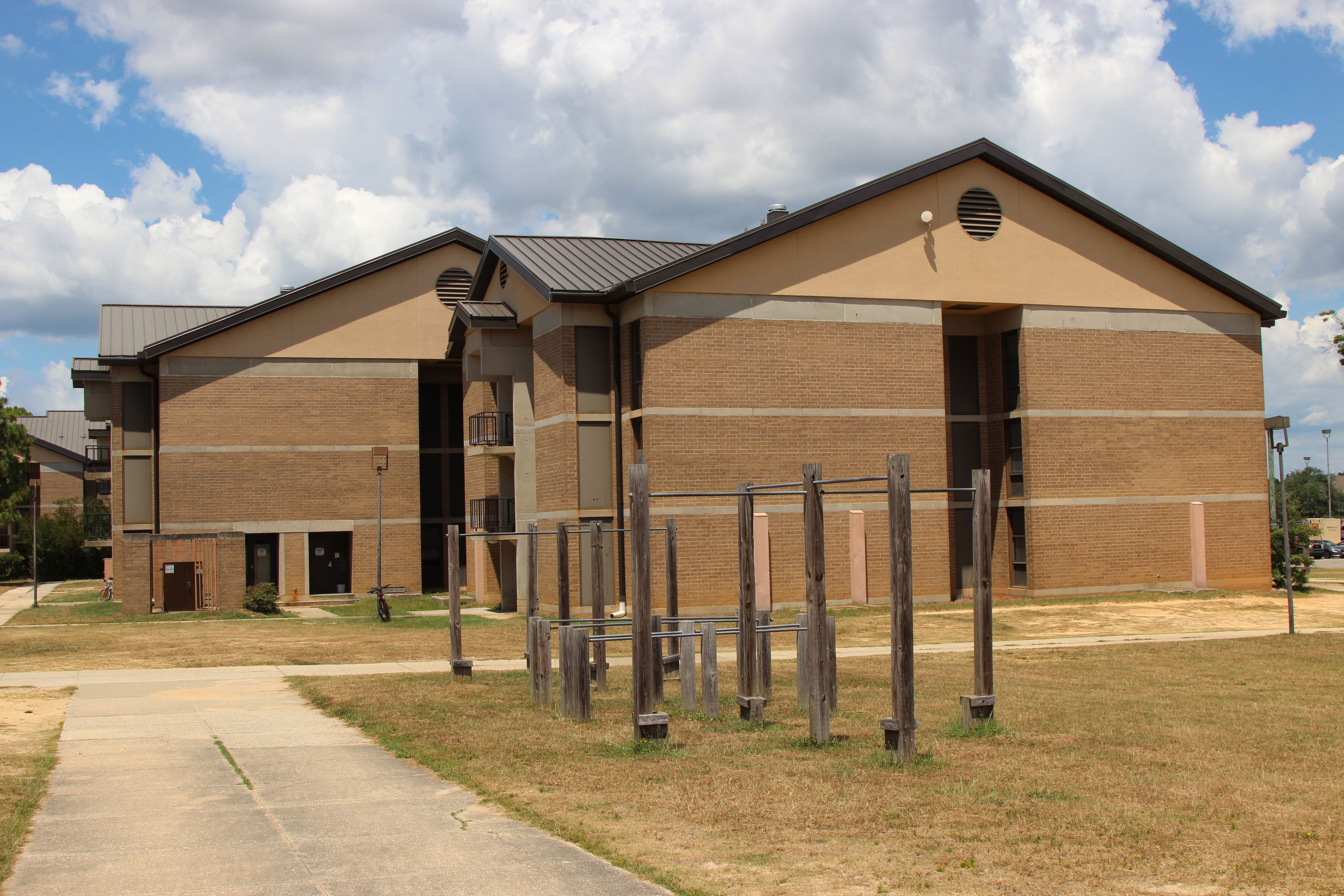This story was first published by The Fayetteville Observer.
The first wave of soldiers living in the Smoke Hill barracks have moved to new locations on Fort Bragg after the Army’s top senior enlisted adviser deemed them substandard last month, officials announced Wednesday.
As of Wednesday, 100 soldiers have been relocated, 55 certificates have been approved to allow qualified soldiers to find privatized housing on or off post, and another 380 certificates are in the process of approval, a statement from post officials said.
“The movement of our service members is a deliberate and phased approach to have the proper spaces to support these relocations and ensure the safety and quality of life of our soldiers,” the statement said.
Officials estimated last month that about 1,200 soldiers total will be relocated because of mold, outdated ventilation systems and aging buildings.
Officials previously said a preliminary assessment found that 10 to 12 of the barracks, which were built in the 1970s, “do not meet today’s HVAC standards.”
“Our goal is to have all impacted service members out of the Smoke Bomb Hill Barracks by the end of September,” officials said Wednesday.
Impacted soldiers are from the 1st Special Forces Command, 18th Airborne Corps units, including the 20th Engineer Brigade, and 35th Corps Signal Brigade and other units on post.
In a Tweet on Tuesday, 18th Airborne Corps Command Sgt. Maj. Thomas Holland encouraged soldiers to complete an Army barracks survey.
“This survey will help (the Army) prioritize resources and the design of our future barracks,” Holland wrote. “You have a voice, it’s time to be heard.”
Military.com first reported that Sgt. Maj. of the Army Michael Grinston was part of the inspection “that did not go well” at the end of July and that Grinston “scolded local leadership” for the condition of the barracks that were riddled with mold issues, and one room had a hole in the wall with exposed pipes.
“Lots happening to make this happen — moving 1,200 soldiers won’t be quick, but it will be done right,” Grinston said in a Tweet on Wednesday night.
In a statement to The Fayetteville Observer earlier this month, a Fort Bragg spokesperson said no soldiers have reported any health or breathing issues tied to living in the buildings.
“There is a medical expert available should soldiers have mold-related concerns or questions,” the statement said. “Soldiers experiencing any health-related issues are encouraged (to) seek medical help and notify their chain of command,” the spokesperson said.
The spokesperson said that following inspections and assessments, some barracks on Fort Bragg will be renovated and the majority in the Smoke Bomb Hill area that are more than 50 years old will be demolished.
The latest move is not the first time concerns have been raised about barracks or that soldiers have been moved.
In December, U.S. Sen. Thom Tillis of North Carolina wrote a letter to Secretary of the Army Christine Wormuth after a Fort Bragg soldier contacted his office about mold in the barracks.
“It has come to my attention that many unaccompanied housing installations at Fort Bragg, North Carolina are experiencing issues due to mold and outdated infrastructure,” Tillis wrote.
Unaccompanied housing structures are living quarters, usually called barracks, for single soldiers.
In Tillis’ letter to Wormuth, he wrote that in October 2020, about 200 soldiers under the 1st Special Forces Command’s 528th Special Operations Sustainment Brigade were temporarily moved after faulty heating, ventilation and air-conditioning systems caused moisture and mold in two barracks buildings.
In a previous statement to The Fayetteville Observer, Lt. Gen. Christopher Donahue, who was commander of the 82nd Airborne Division at the time, said that mold was found in two barracks buildings in early January 2021, but the mold was immediately addressed.
“We take these types of issues very seriously and we’re constantly inspecting our paratroopers’ barracks to ensure they are maintained to the high standards they deserve, just as we did after 1st Brigade’s historic deployment to Afghanistan in August (2021),” Donahue previously said.
In Tillis’ letter to Wormuth, he said that as a member of the Senate Armed Service Committee, he will work to ensure the Army is effective in receiving funding to modernize and replace substandard barracks by 2030.
During a virtual town hall meeting in October 2020, Grinston announced that the Army planned to invest $9.5 billion to upgrade barracks through fiscal year 2030.
The Fort Bragg spokesperson said that there are 12 barracks undergoing renovations, which usually take about two years or more to complete.
Another eight barracks will start renovations at the end of December.




